It seems a fair bit of controversy has arisen over the E3 trailer for Rise of the Tomb Raider, owing to its depiction of Lara Croft speaking with a therapist. For the tl;dr crowd, I direct you to my tweet from earlier embedded below, but for everyone else, I’d like to talk about context and comparison.
First, some real talk: It takes a lot of strength to admit that you have a mental problem and need professional help, especially given the way in which mental illness is stigmatized by our culture. It also takes a lot of strength to open up to a therapist, something which Lara may be struggling with, depending on how you interpret her fidgeting in the trailer. Absent context, Lara is being depicted as a strong character who is doing something many people who have experienced similar trauma are unwilling or unable to do.
In context, though, Lara is a video game protagonist whose trailer was played at the same event as trailers for a new Halo game and a new Witcher game. Master Chief and Geralt are not known for experiencing trauma, as we understand it. They kill innumerable enemies and have their lives threatened on countless occasions without batting an eye. Consider the opening act of Halo, in which Master Chief escapes the crashing Pillar of Autumn in a pod full of marines, all of whom die on impact. He doesn’t even pause to reflect on the deaths of so many around him, instead simply picking himself up and moving on. We are so inured to this emotionless approach in games that this doesn’t even scratch suspension of disbelief.
Even when video game protagonists aren’t portrayed as emotionally dead to trauma, they remain fully functional. Adam Jensen in Deus Ex: Human Revolution has experienced a great deal of physical and emotional trauma, having been nearly killed, lost the woman h e was supposed to protect (and was obviously carrying a torch for), and having been invasively augmented without his consent. The game drops indications that he isn’t coping well all over the place: The broken mirror in his apartment, his drinking, the use of his sunglasses as a barrier between him and other people, and his obsession with the incident that caused all this trauma. But he never sees a therapist and he never experiences any difficulty being a hyper-competent commando.
e was supposed to protect (and was obviously carrying a torch for), and having been invasively augmented without his consent. The game drops indications that he isn’t coping well all over the place: The broken mirror in his apartment, his drinking, the use of his sunglasses as a barrier between him and other people, and his obsession with the incident that caused all this trauma. But he never sees a therapist and he never experiences any difficulty being a hyper-competent commando.
Lara Croft is strong to seek therapy, yes, but depicting it depicts her as vulnerable in a way other (male) protagonists are not. This vulnerability is easily mistaken for weakness, especially when we mistake the emotional invulnerability of other protagonists as strength. It should come as no surprise, then, that people are rankled by seeing one of the few female protagonists in mainstream gaming once again being portrayed as vulnerable. I imagine few people have forgotten that prior to the previous Tomb Raider coming out, we were told by executive producer Ron Rosenberg that their aim was to encourage the player to want to protect Lara rather than project themselves into her place. It’s hard not to see this as a continuation of that thought process.
It would be nice to interpret the Rise of the Tomb Raider as a straightforward step in the direction of portraying video game characters as human beings as opposed to sociopathic murder gods, but the fact that it’s Lara and only Lara casts doubt on that narrative. The best solution would be more vulnerable male protagonists and more female protagonists of varying vulnerability, but that is probably too much to hope for from the likes of Microsoft, EA, or Sony. That said, I haven’t exactly done a thorough survey of the gaming landscape. If anyone can point me to more examples of video game characters seeking out therapy or mental help, whether from AAA developers or not, I’d love to hear about it.
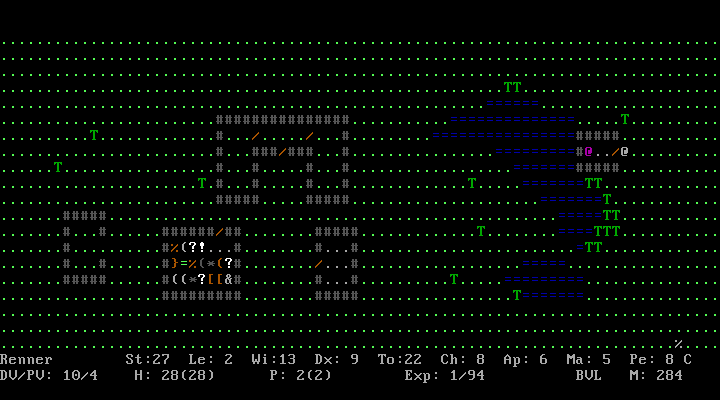


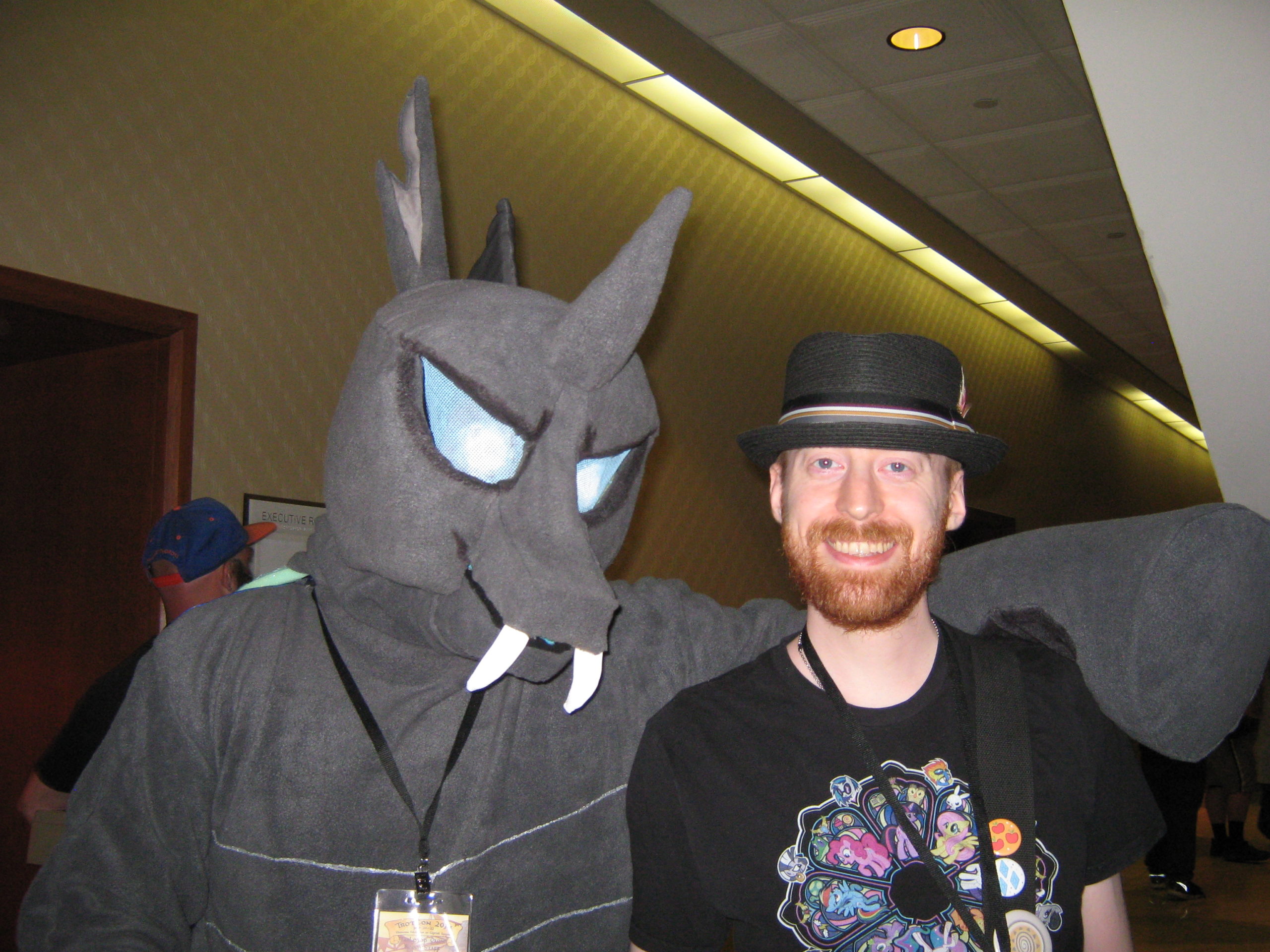
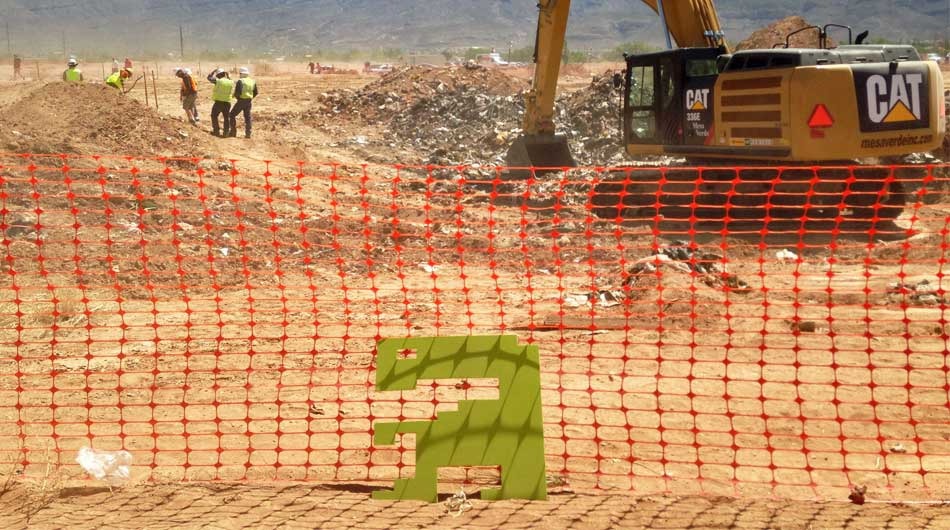
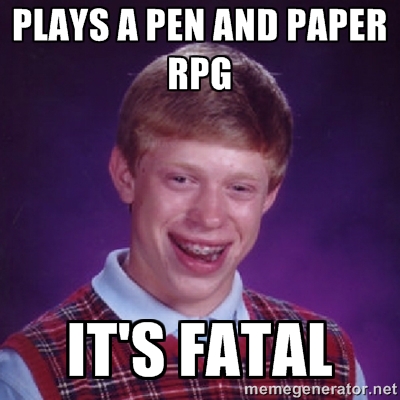
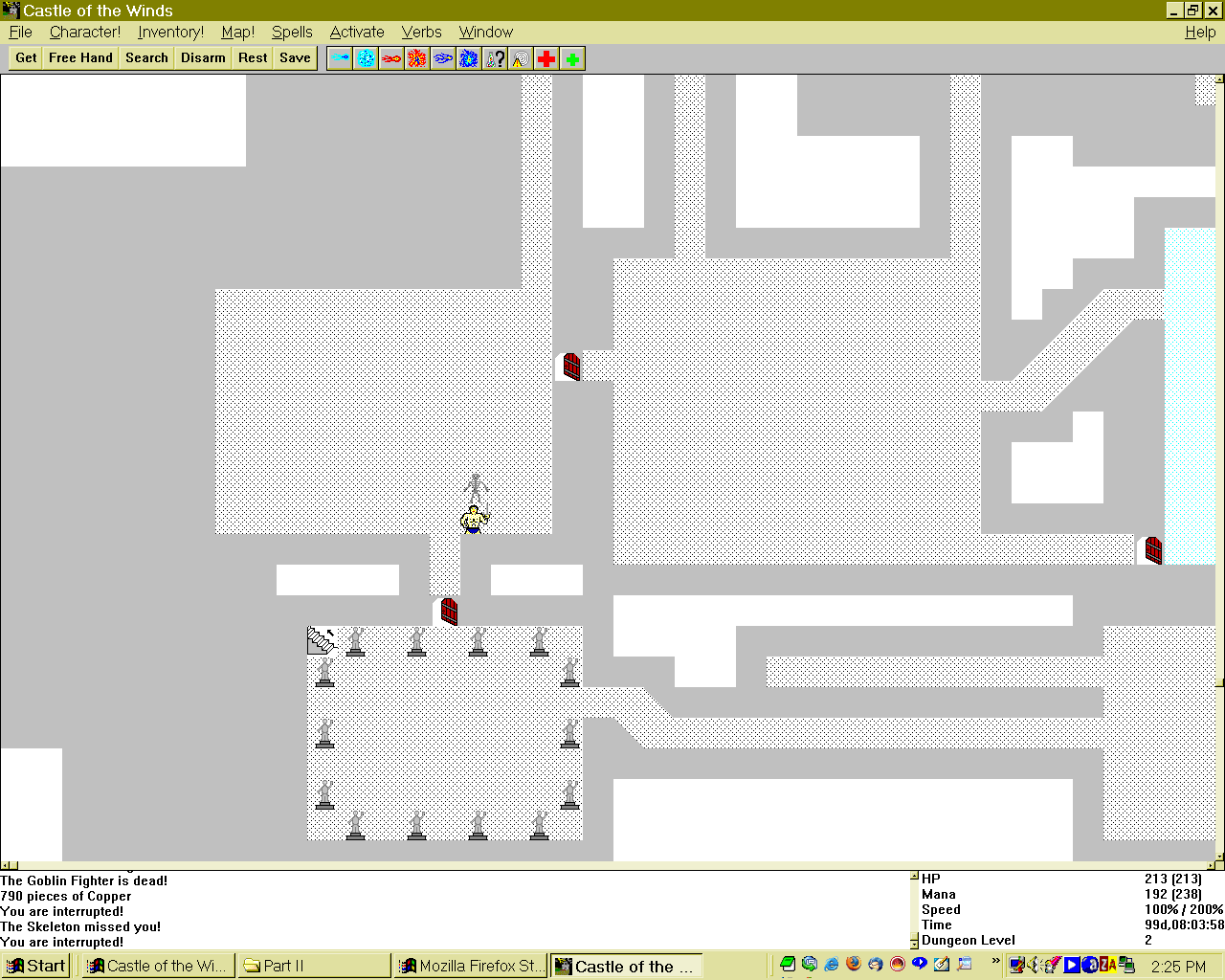

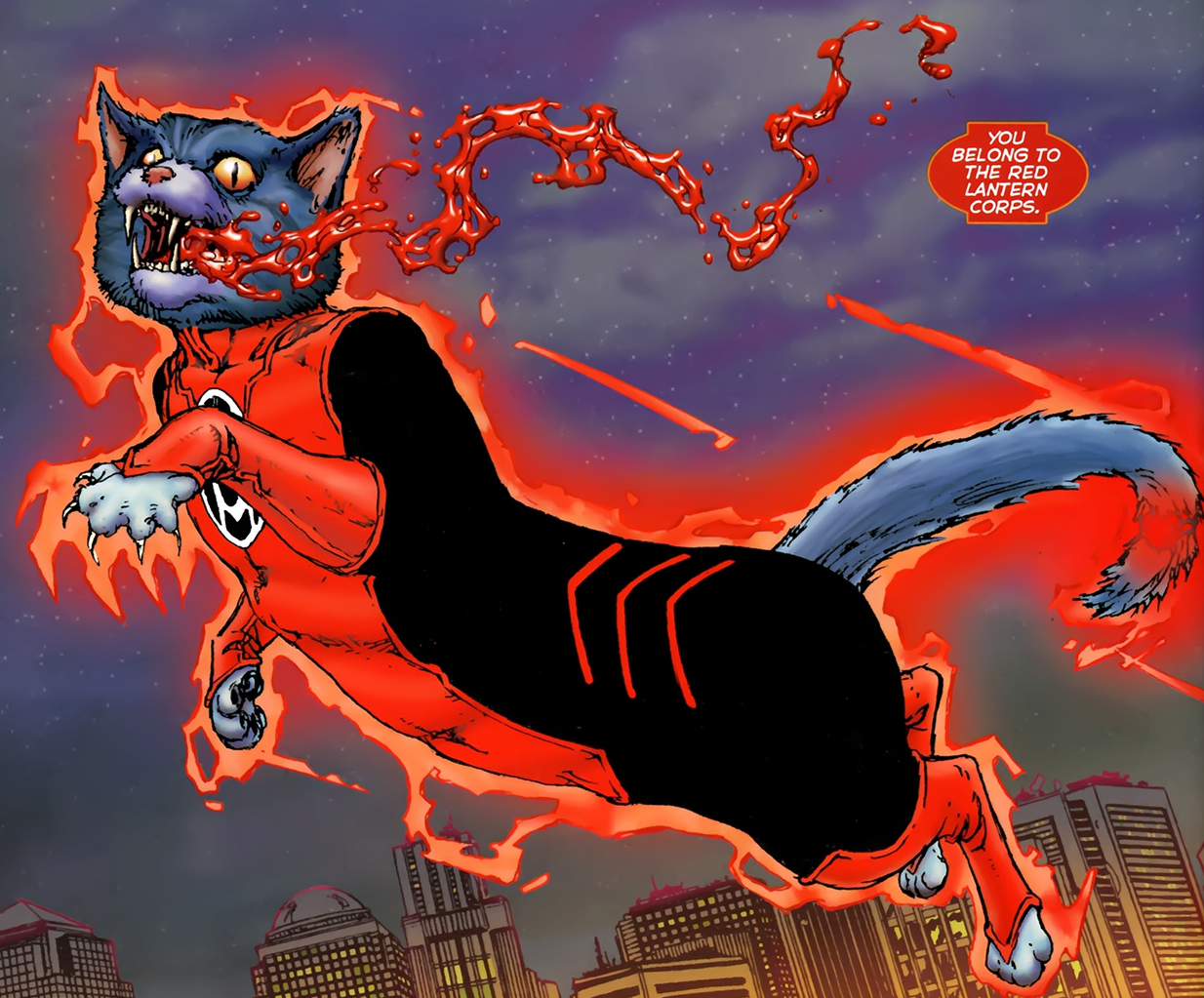
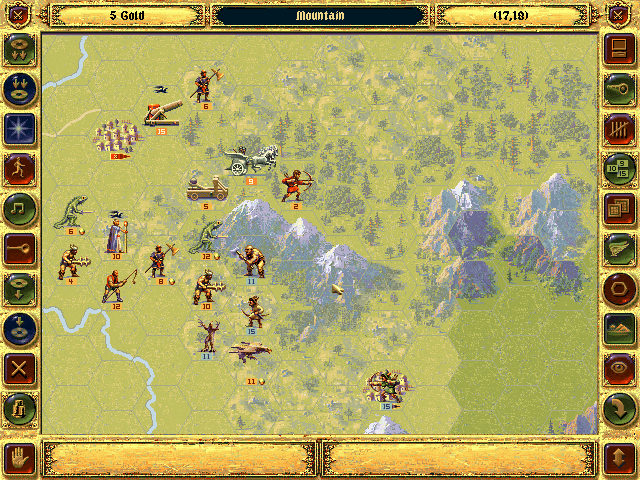
 e was supposed to protect (and was obviously carrying a torch for), and having been invasively augmented without his consent. The game drops indications that he isn’t coping well all over the place: The broken mirror in his apartment, his drinking, the use of his sunglasses as a barrier between him and other people, and his obsession with the incident that caused all this trauma. But he never sees a therapist and he never experiences any difficulty being a hyper-competent commando.
e was supposed to protect (and was obviously carrying a torch for), and having been invasively augmented without his consent. The game drops indications that he isn’t coping well all over the place: The broken mirror in his apartment, his drinking, the use of his sunglasses as a barrier between him and other people, and his obsession with the incident that caused all this trauma. But he never sees a therapist and he never experiences any difficulty being a hyper-competent commando.


